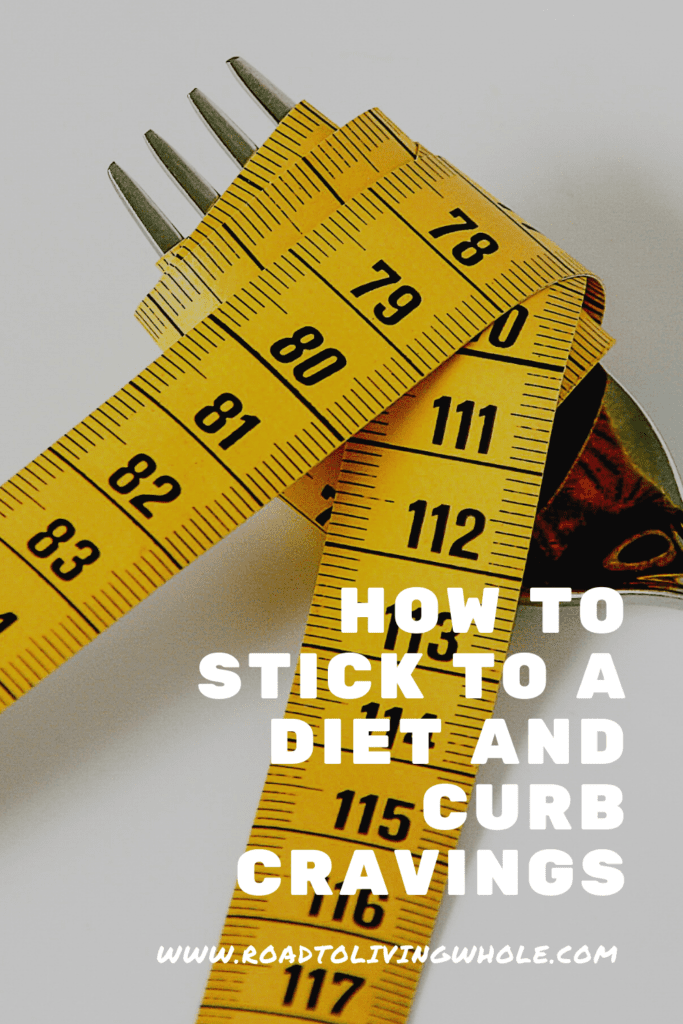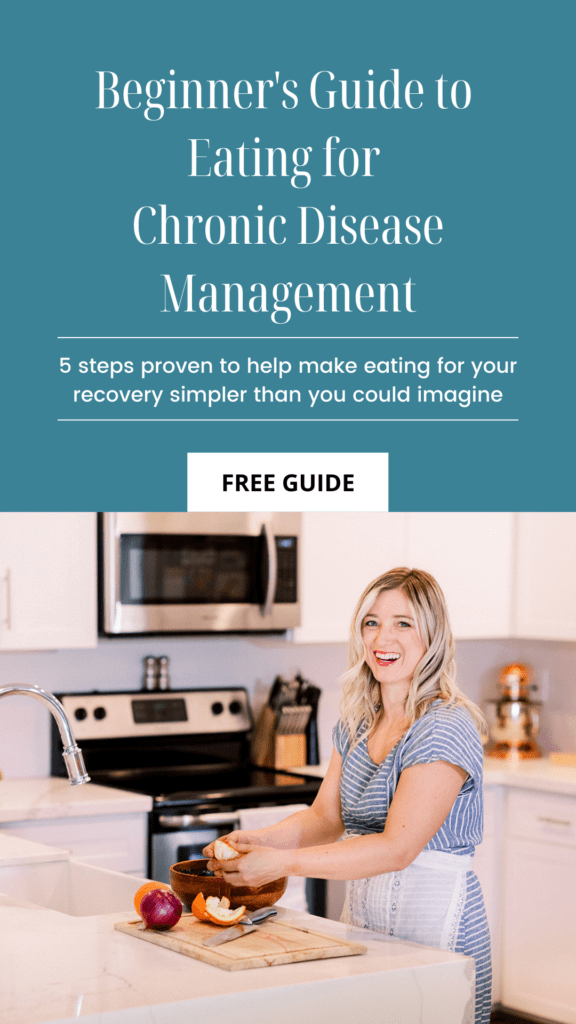You’ve previously decided to take charge of your health and implemented a new dieting regime yet one week in you gave in to your junk food cravings, don’t worry we’ve all been there. Rather than beating yourself up about it, you should take the time to learn some tips and tricks on how to form new habits and banish old ones, so keep on reading to familiarize yourself with this important information.
Why do you get cravings?
Cravings for healthy foods shouldn’t be ignored because they often signal that your body is missing a certain nutrient (for example you may crave steak if you’re low in iron or fruit if you’re missing out on vitamin C). Looking behind your junk food cravings can give you an idea of what your body really wants. For example, craving potato chips may mean you actually want the starch in potatoes rather than all the additives and vegetable oils while cravings for ice cream can mean your body wants the fat, not the sugar. Carvings also aren’t limited to food either – you can have cravings for alcohol, coffee, milkshakes, and other junk liquids.
Sometimes, the cravings can offer no insight into missing nutrients and are merely the result of habits in your brain. If you have always eaten junk food in the past, expect cravings for those foods to return once you start eating healthily. Research has also demonstrated that cravings may be the result of what your gut bacteria are consuming.
Could your cravings be something more serious?
A simple craving for something bad from time to time is nothing to worry about but if these are frequent and you lose self-control – you may have an addiction on your hands. Addiction doesn’t always mean illegal drugs, for example, you can become addicted to binge eating. Enterhealth is a residential and outbound rehabilitation centre with a team of professional on-site psychiatrists trained in addiction treatment, the facility offers treatment for a wide range of addictions.
Tips for beating cravings and sticking to your diet
Set realistic expectations
Starting your diet regime out with high expectations sadly paves the way for disappointment. If you want to reap the benefits of a nutritious diet, try not to put too much pressure on yourself to meet your goals quickly. Weight loss takes time and your plan may backfire if you rush. Studies have demonstrated that obese individuals who set out expecting to lose a lot of weight on their diet were most likely to call it quits after 6-12 months, therefore, you should only set yourself achievable and realistic weight loss goals.
Understand what drives your motivation
The key to staying on track is to remind yourself from time to time why you are making healthier choices. To do this, you can create a list of the exact reasons why you made the decision to get healthy. Keep this list around so you can look at it in times of self-doubt.
Change your perception of food and diet
Understand that you have the option of eating whatever you want, whenever you want, OR you can lose weight. In other words, you can’t have your cake and eat it too.
Learn the difference between hunger and cravings
Take the time to teach yourself how hunger and cravings are different. Hunger is an empty feeling in your abdomen while cravings will be felt in the throat or mouth. To sum it up, you just need to identify what you are feeling (is it hunger, cravings, tiredness, or emotional fatigue?) and if it’s not hunger you’re going to have to put up with it. Distract yourself from the thought of food by taking a brisk walk or reading a book. Studies have shown that chewing gum is great at distancing yourself from food cravings.
Sort out your eating schedule
Meal plans are important if you want to succeed in your dieting journey. Do you need to cut out snacks? How much time do you need between each meal? Ensure you eat only when it’s time to eat. Abiding by your plan is critical if you want to see success.
Drink more H20
Food cravings can commonly be mistaken for thirst. Next time you feel a craving coming on, drink a refreshing glass of water and see if that craving goes away. Regardless of that, you’ll want to consume water since it comes with an array of impressive health benefits (including weight loss!)
Make sure you’re getting enough protein
Protein plays an important role in appetite suppression. It aids in keeping you full longer and also prevents you from overeating, not to mention it is vital for human health. According to our research, a high-protein diet can decrease cravings by 60%.
Plan meals in advance
Knowing what you are going to eat drastically reduces the risk of you snacking. Pre-preparing meals goes a long way too. For example, you could cook all your meals for the week on a Sunday and stash them in your refrigerator so they are ready to use. Having healthy food readily available is great at reducing cravings because you can simply grab it from the freezer or fridge and heat it up rather than going to the trouble of cooking everything from scratch. Get done-for-you meal plans here.
Minimize stress
Cravings can be stress-induced, particularly for women. Researchers have shown that stressed women eat more calories and get more cravings than women who aren’t stressed.
It’s worth noting that stress can also make you gain weight. This is because a hormone called cortisol is released when you are exposed to a stressful situation (this is known as a fight or flight response).
You can reduce stress by looking after your mental health and wellbeing. For instance, you could listen to some relaxing music or speak with a counselor. Don’t hesitate to seek professional help if you are severely stressed.
Sleep enough
Appetite is influenced by how good or bad our sleep cycle is. When sleep-deprived, the body is poor at regulating appetite and this can result in intense cravings. Science has already demonstrated this. Approximately 55% of poor sleepers were more likely to become obese.
Eat real food
As mentioned at the start of this post, cravings can signify missing nutrients. The app chronometer will help you keep track of what you are or aren’t fuelling your body with. If you’re unsure if you are getting what you need, ask your doctor for a blood test to assess your body’s nutritional state.
When faced with hunger opt for a healthier alternative like fruit to fight it rather than a cupcake.
Sit down and eat slowly
Eat all your snacks and meals sitting down and eat slowly. This makes digestible much easier and makes you less inclined to overeat.
Summary
You can stick to your diet by doing important things like getting enough sleep, planning meals ahead of time, sitting down to eat, avoiding stress, and learning the difference between hunger and cravings. If you have previously fallen off your diet, you can apply these helpful tips next time to finally see success.









